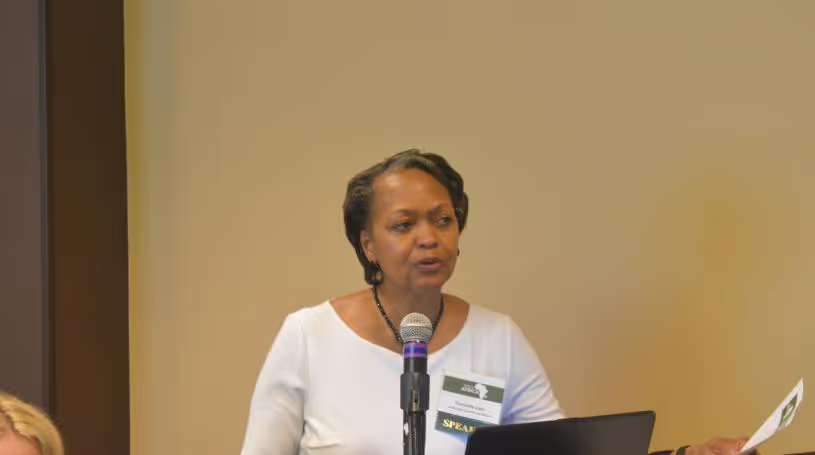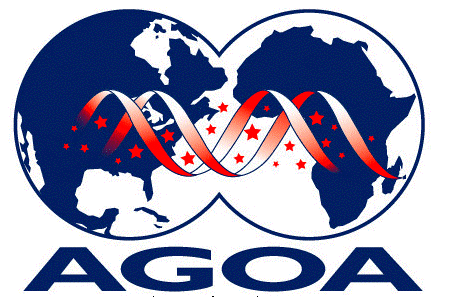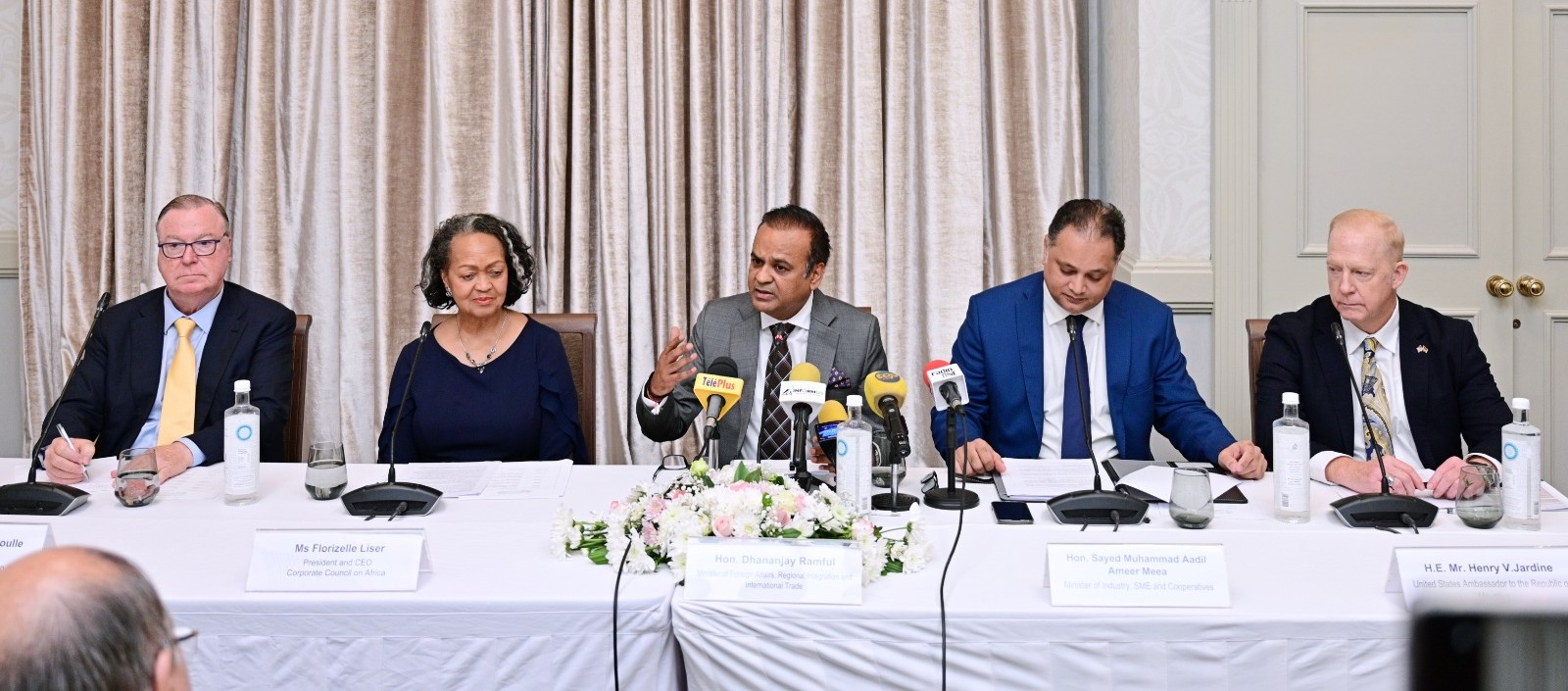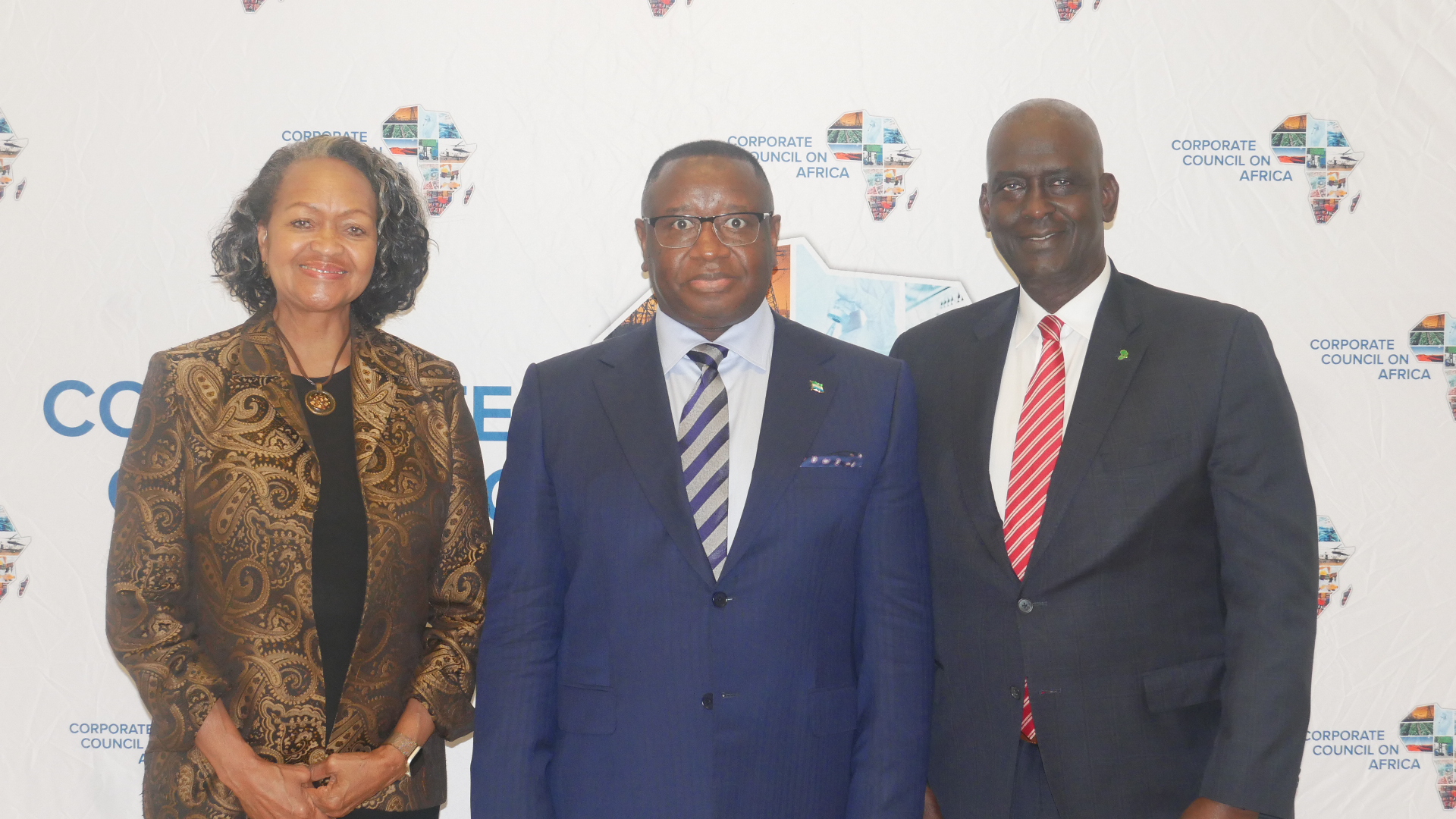2018 AGOA Private Sector Forum Recommendations

On Tuesday, July 10, 2018, Corporate Council on Africa hosted the Africa Growth and Opportunity Act (AGOA) Private Sector Forum in Washington D.C. CCA President and CEO, Florie Liser opened the forum by noting the important role CCA plays in getting private sector input for the AGOA Forum between the U.S. Government and African delegations, which took place from July 11-12, 2018. She noted that the theme of the 2018 AGOA Forum, “Forging New Strategies,” applied well to the Private Sector Forum.Florie noted that seven years remain under AGOA’s current term, and it’s not yet clear whether Congress will renew this act for some or any African countries. At the same time, the signing of the African Continental Free Trade Agreement (AfCFTA) in March 2018 officially launched the process of greater African economic integration, and now is the time to examine the current AGOA policies, and map out where the U.S. and African countries should take their trade and investment relationship over the longer term.The forum, sponsored by the Bizzell Group, was comprised of two panels, one on AGOA success stories, and one on the future of U.S.-Africa Trade and Investment. The event was standing-room only, with attendees from the U.S. and African Governments, African and U.S. private sector companies, media, NGOs and academia.Below are recommendations from panel discussions from the Forum:Those eligible African countries that have not yet completed their AGOA utilization strategies should do so at their earliest opportunityAfrican countries should consider the barriers to implementing these utilization strategies, and work with companies to address/resolve them.One example would be to consider how governments can encourage the development of local industries that support exports, such as packaging and delivery services.Another example is to address issues affecting exports in the Ease of Doing Business.African governments can make it easier for their companies to compete by adopting international standards in key sectors.Those African governments that have not yet adopted the Trade Facilitation Agreement should do so at their earliest opportunity. Liberalizing services is one important area that can significantly expand trade.African governments and companies should identify and develop opportunities to move up the value chain from exporting raw or unprocessed materials to value-added goods wherever possible.African companies should make sure they have thought through who their specific customers are in the U.S., and then design strategies to reach them. Once they identify a market, they should make sure they can service it through distribution and maintaining high quality standards.African companies should also pay greater attention to meeting documentary and labeling requirements, as well as make sure they file the right paperwork to obtain their duty-free provisions.In those cases where companies need help from local governments to produce key documents, USAID’s trade hubs could consider helping governments improving their capacity.The U.S. and African Governments, as well as companies, should look for more opportunities to publicize AGOA and its provisions to encourage more potential users.



